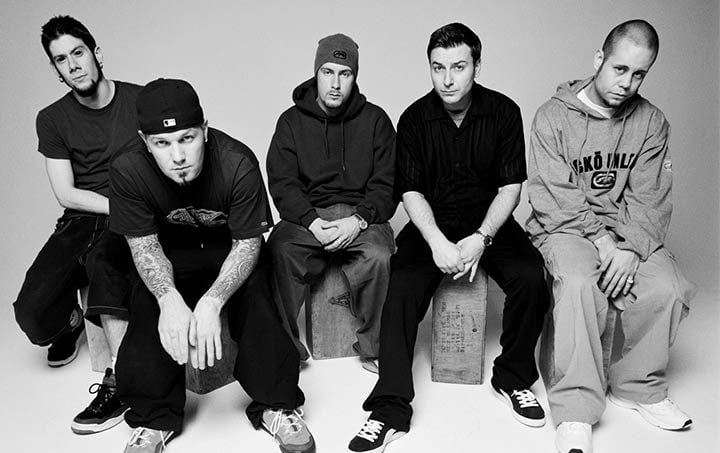Sunday night at the Hordern Pavilion, I properly faced up to a guilty pleasure of mine and went to see a band who I’ve – at times secretly – wanted to see live for over a decade: Limp Bizkit.
As a musician myself I was acutely aware of how certain subcultures with elitist tendencies see the Bizkit and the rest of the nu-metal movement as a sort of perpetual whipping boy; a shining example of what to avoid both musically and culturally because, well, it’s “lame.”
But this was confirmed as bullshit at the Hordern as LB masterfully took their devout followers on a dynamic journey through an impressive catalogue of hits reaching all the way back to 1997 with their creative, slightly absurd and brutal rendition of George Michael’s Faith.
So it seems fitting that in this list of reasons as to why your hipster mate is wrong.
They are a great live band
As they effortlessly ploughed through angry teen bangers such as Break stuff, Rollin and My Generation, holding the crowd in the palm of their hand, they demonstrated why they were such a force in the first place.
It’s one thing to write songs that define a generation; it’s another to be able to do them justice live, performing them with the same vigour, tightness and tenacity as the original recordings. LB did this, and appeared to do this quite easily as they toyed with the crowd, extending sections of songs and letting the crowd participate in a dynamic musical conversation with the band, yet having the experience and professionalism to tie it all together structurally.
The band was tight, Fred Durst (vocalist) was engaging and charismatic as he connected with the crowd, and they did all of this without an overwhelming use of backing tracks.
Love Music?
Get your daily dose of metal, rock, indie, pop, and everything else in between.
The show was raw, somehow simultaneously aggressive and relaxed (Durst would at times have a chats in between songs with the band to decide what to play next) yet precise and controlled. The result was a crowd of more than 5,000 punters religiously singing the words and buzzing with energy.
They wrote hits that helped shape a generation
Whether you like their music or not it’s undeniable that their songs had mass appeal and brought heavy music back into the centre fold of mainstream culture. We’re still yet to witness any form of metal dominate the pop charts as it did in the nu-metal glory days of LB and Korn.
Bizkit were able to merge 90s hip-hop grooves with down-tuned guitars and disenfranchised angst in such a way that the idea of being a marginalised, angry and weird teenager made its way to the top of pop culture. LB’s domineering presence on MTV and major festivals such as Woodstock 1999 is indicative of the generational icons they had become.
This became especially apparent the other night at the Hordern as I looked around at the crowd, scoping the general demographic; it appeared to be predominantly people in their 30s there for a good time involving the powerful cocktail of alcohol and nostalgia.
They don’t take themselves too seriously
Any band that decides to name its album Chocolate Starfish and the Hotdog Flavoured Water evidently does not take itself too seriously. On the verge of parody, with obvious strokes of absurdism, Bizkit own those parts of its multi-faceted nature and continue to run with it.
With metal’s history of doom and gloom, Bizkit helped inject some fun into the genre. Even their guitarist, Wes Borland, is quoted saying that their music is “silly, idiotic and bizarre” yet it’s fun and emotionally evocative. Borland dresses up as everything from a fantastical mishmash of Salvador Dali and Charlie Chaplin to some kind of ninja alien, while Durst paces around the stage like a furious, urban version of Mickey Mouse. But it works – they somehow hold all of these contradictions together and still manage to pack out 5000+ capacity venues across the world.

































